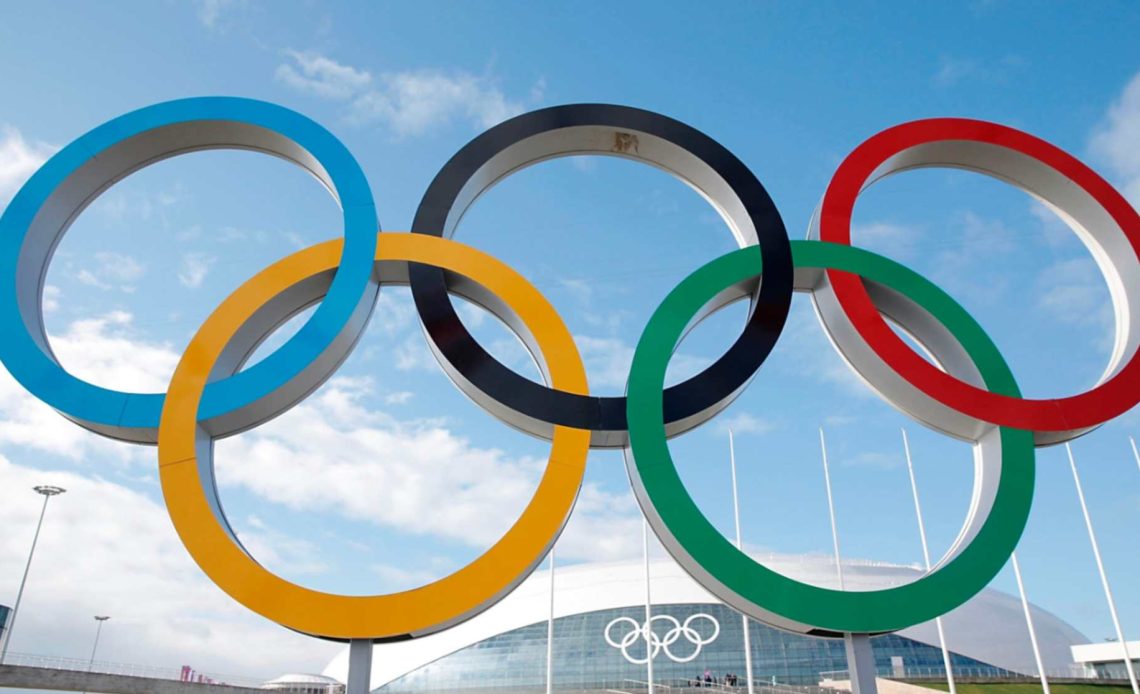
With the Paris 2024 Olympics around the corner, it’s important to discuss the history of the Olympic Games. Over millennia, the Olympics have reflected social, political, and technological changes, evolving from ancient religious ceremonies to the world’s premier sporting event.
Ancient Olympics
The origin of the Olympics dates back to ancient Greece, around 776 BC. The Games were held in Olympia, a sanctuary site dedicated to Zeus, the king of the Greek gods. They were part of a religious festival that took place every four years, a period known as an Olympiad. Athletes from various Greek city-states competed in events such as running, wrestling, boxing, pankration (a blend of boxing and wrestling), and horse riding. Victors were celebrated and often immortalised in poems and statues.
These Games had a significant cultural and religious impact. They emphasised the Greek ideals of physical fitness, mental discipline, and honour. However, the ancient Olympics began to decline in significance and were eventually abolished in 393 AD by Emperor Theodosius I. He viewed them as a pagan festival without the presence of Christian ideals.
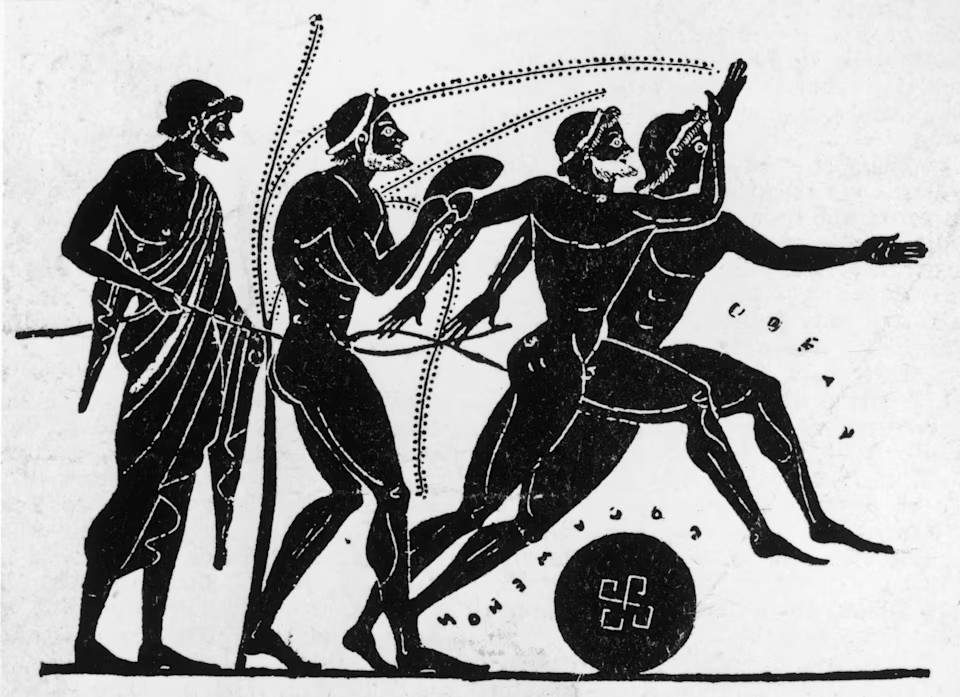
Ancient Olympic Sports
Modern Revival
The modern Olympic Games were revived in the late 19th century, primarily through the efforts of French educator Pierre de Coubertin. Inspired by the ancient games and seeking to promote peace and international understanding through sport, Coubertin founded the International Olympic Committee (IOC) in 1894.
The first modern Olympic Games were held in Athens, Greece, in 1896, linking the modern Games to their ancient heritage. The 1896 Olympics featured 14 nations and 241 athletes competing in 43 events. These Games were a modest success, laying the foundation for future growth.
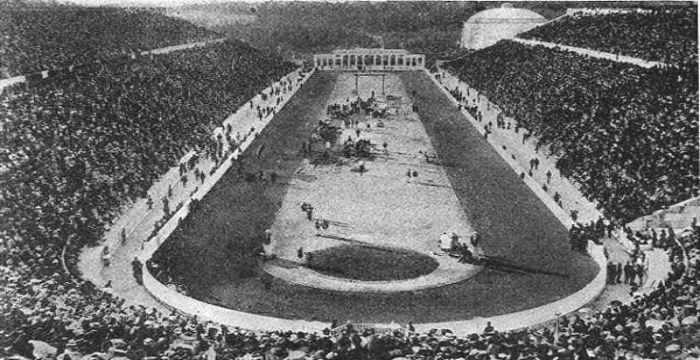
The first modern Olympic Games in 1896
Growth and Challenges
Over the next few decades, the Olympics grew in size and complexity. The 1900 Paris Games and the 1904 St. Louis Games were poorly organised and integrated with the world’s fairs, leading to confusion and a lack of focus on sports. However, the subsequent Games held in London (1908) and Stockholm (1912) restored their credibility.
The 20th century saw the Olympics become truly global, expanding to include athletes from around the world. The Winter Olympics, held in 1924 in Chamonix, France, introduced a broader range of sports, including skiing, ice hockey, and figure skating.
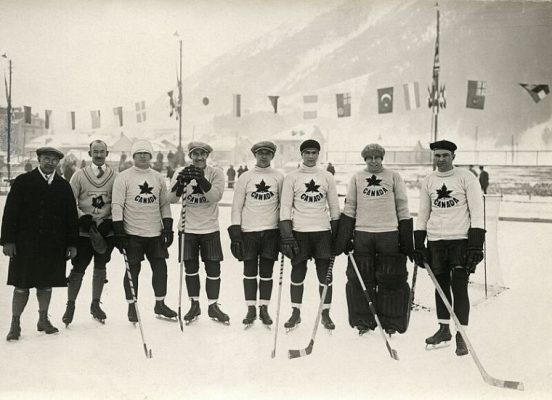
Winter Olympics 1924 – Ice Hockey
Political and Social Impact
The Olympics have had its fair share of political and social issues. The 1936 Berlin Games were used by Nazi Germany as a propaganda tool. That being said, Jesse Owens, an African-American athlete, won four gold medals. He singlehandedly countered the Hitler’s myth of “Aryan Supremacy.” The Cold War era saw significant political tension, with boycotts affecting the 1980 Moscow and 1984 Los Angeles Games. The Munich Games in 1972 were marred by a terrorist attack that resulted in the deaths of 11 Israeli athletes.
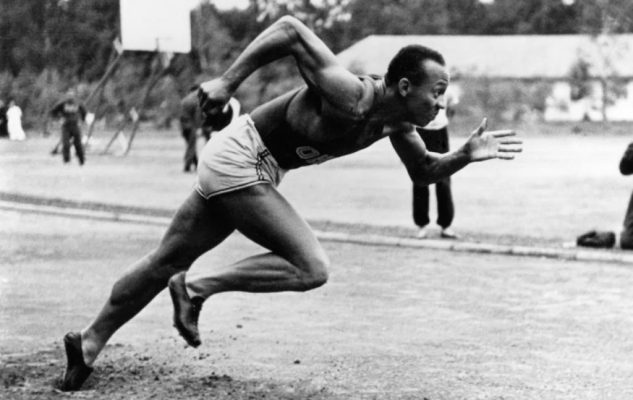
Jesse Owens
Despite these challenges, the Olympics have also been a platform for social change. The 1968 Mexico City Games featured the Black Power salute by American athletes Tommie Smith and John Carlos, emphasising racial inequality. The inclusion of more female athletes and the introduction of the Paralympics have promoted diversity and inclusion in sports.
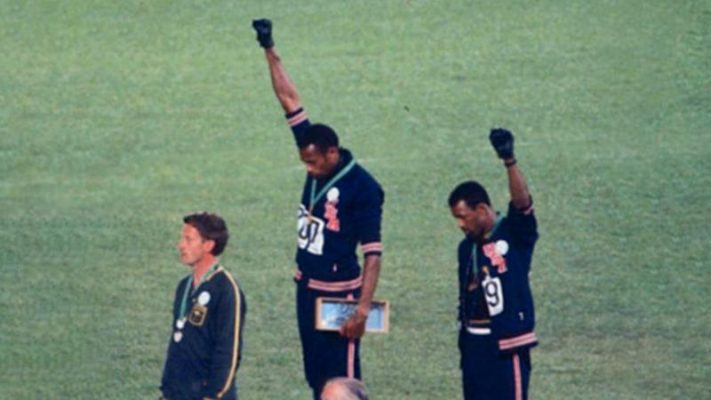
Tommie Smith and John Carlos raise a Black Power fist in 1968
Technological and Organisational Advances
Technological advancements have significantly impacted the Olympics. Improvements in transportation and communication have made it easier for athletes and spectators to participate. The advent of television broadcasting transformed the Olympics into a major global media event, starting with the 1960 Rome Games.
Organisational changes have also played a role. The establishment of the World Anti-Doping Agency (WADA) in 1999 has aimed to combat drug use in sports. The IOC has also worked to make the Games more sustainable and cost-effective, responding to criticism over the financial burden on host cities.
Recent Developments
The 21st century has seen further evolution. The Olympics have embraced new sports, such as skateboarding, surfing, and climbing, to appeal to younger audiences. The Games have also faced challenges, including the COVID-19 pandemic, which led to the postponement of the Tokyo 2020 Olympics to 2021. Now, the 2024 Paris Olympics will begin on 26th July 2024. So stay tuned!
Read more:

